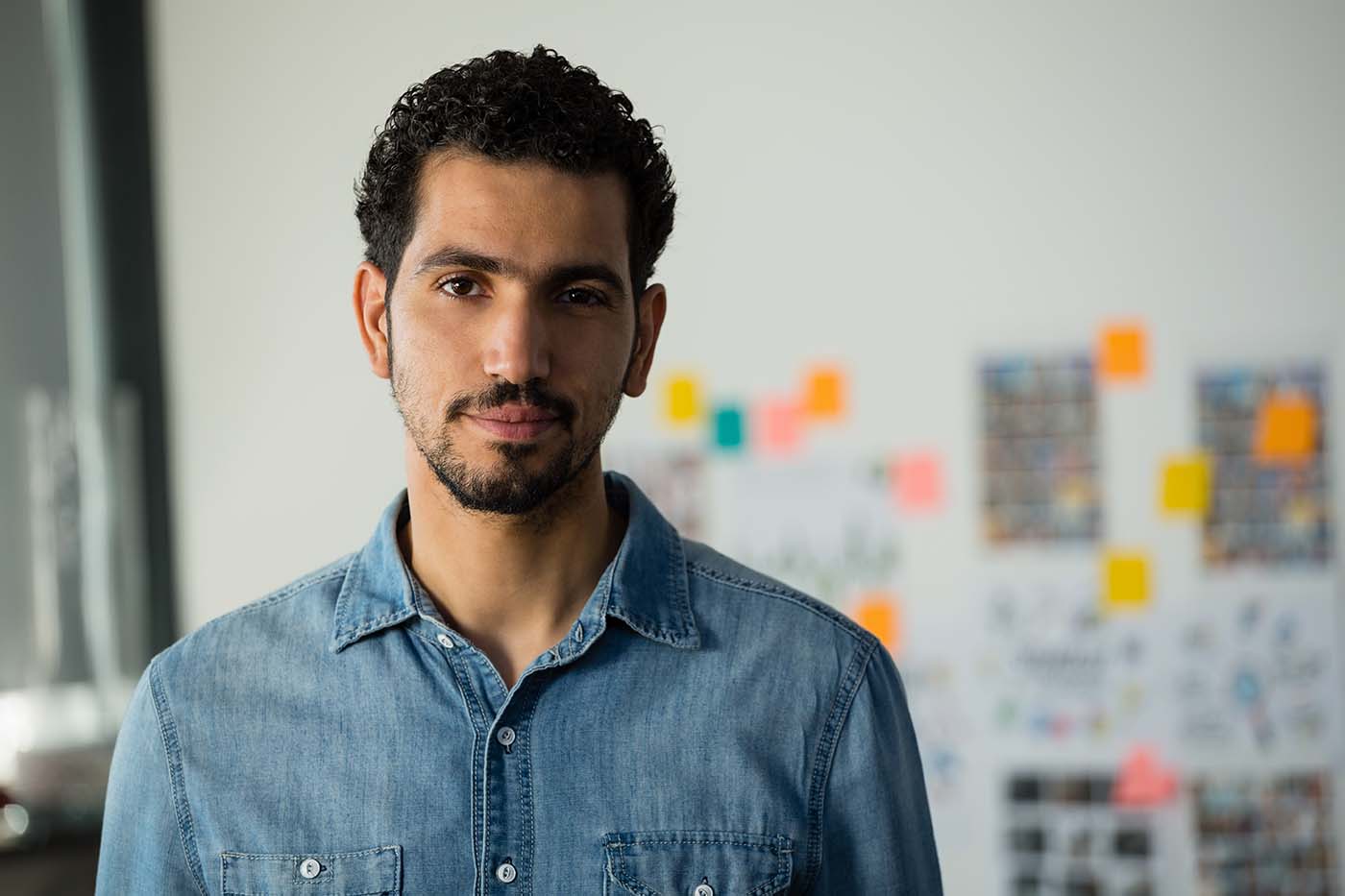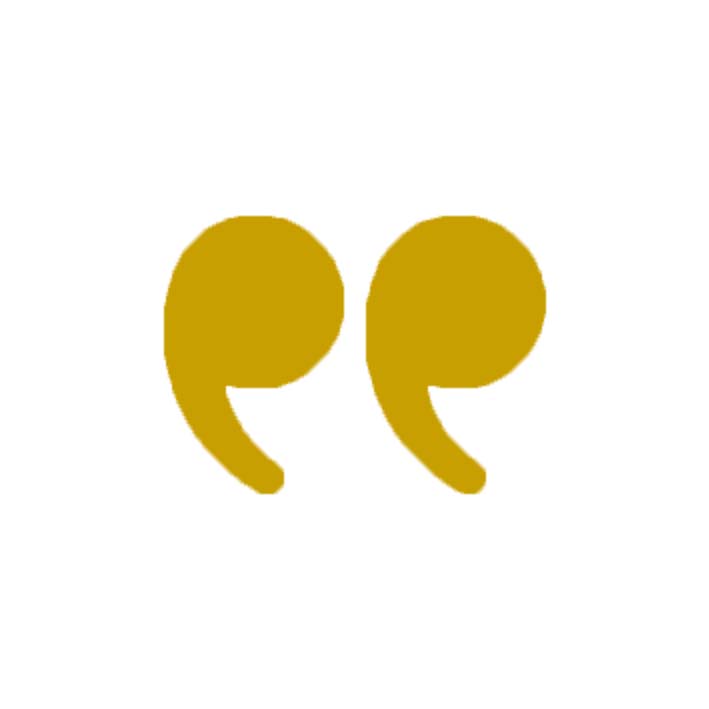Explore Life To The Full…
The Edinburgh course offers a practical means to discover fully who we are, understand how to relate to the world we live in and see what gets in the way of being happy, peaceful and free.
Students are invited to see life as a place to test the words of the wise through practical and mindful exercises.
10 weekly sessions
The ten weekly sessions explore central human questions through discussion, practical observation, conversation and reflection in good company.
Self-enquiry through practical philosophy
Themes included in the course:
click each title below for more details
These opening sessions consider how philosophy can help us enjoy richer, less stressful lives.
What is practical philosophy?
‘What would a wise person do here?’
Philosophy means the love of wisdom. Our course is intended to show how philosophy can help us enjoy richer, less stressful and more useful lives. This opening two sessions consider these aims, and introduces simple exercises in mindfulness and the application of wisdom you can practise in daily life.
You can download or listen to the Awareness Exercise, introduced in week one here. To download, right-click, choose ‘Save link as…’ and save the MP3 wherever you want.
You can also download a PDF of the Awareness Exercise
Who or what am I?
What is my potential?
Who am I, really? My body? My emotions? My strongly held beliefs? My soul? Possibly all of these? Possibly none?
Such questions have preoccupied philosophers down the ages. We look at practical ways to explore who we really are and how to tap our true potential.
Plato’s views on justice.
What does it mean to live justly?
According to Plato, justice and injustice do not start ‘out there’. They begin within us. For justice to prevail, Plato suggests that we must learn to avoid being ‘tyrannised’ by our passions and fears to the extent they overrule our reason.
We discuss the practicality of Plato’s ideas on justice in our daily lives.
The Vedic model of three fundamental energies.
Sometimes we seem not to have enough energy, or the wrong kind. A wise person can act consistently despite these varying conditions.
We consider how to recognise differing energies, how to gain and conserve them and how to use them wisely.
What is reason? How can it enrich our lives? We look at guidelines for Socratic dialogue and how to use them. Developing reason in decision-making and action are also discussed, with practical applications. Obstacles to reason are considered. Everyone has the faculty of reason and we can all use it and develop it.
What is beauty?
Is there such a thing as absolute beauty?
Beauty has the capacity to open the heart and bring delight. In this session we discuss our direct experience of beauty in its different form: of the sensory world, of thought, of feelings, of the inner nature, and of conduct.
We consider Plato’s idea of there being ultimately one beauty – beauty absolute – ‘not knowing birth or death, growth or decay’.













